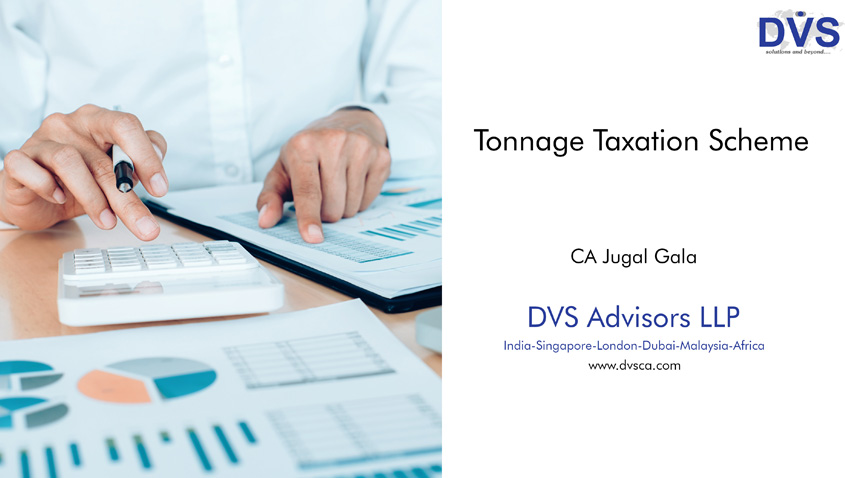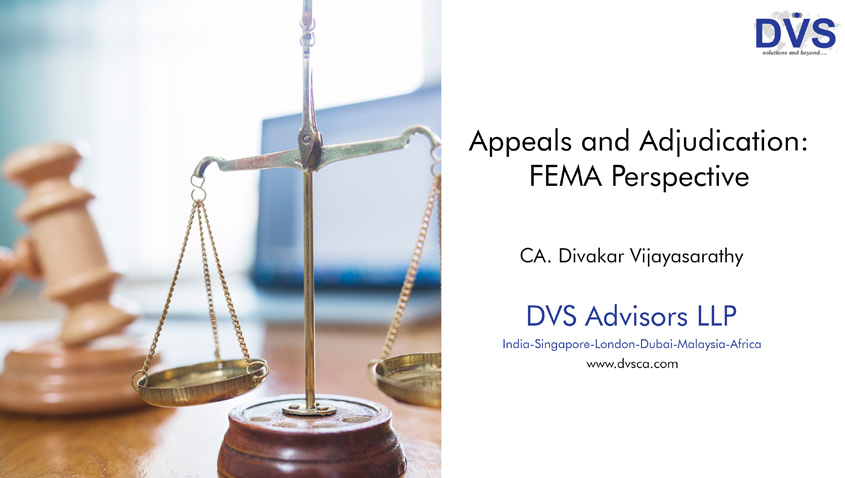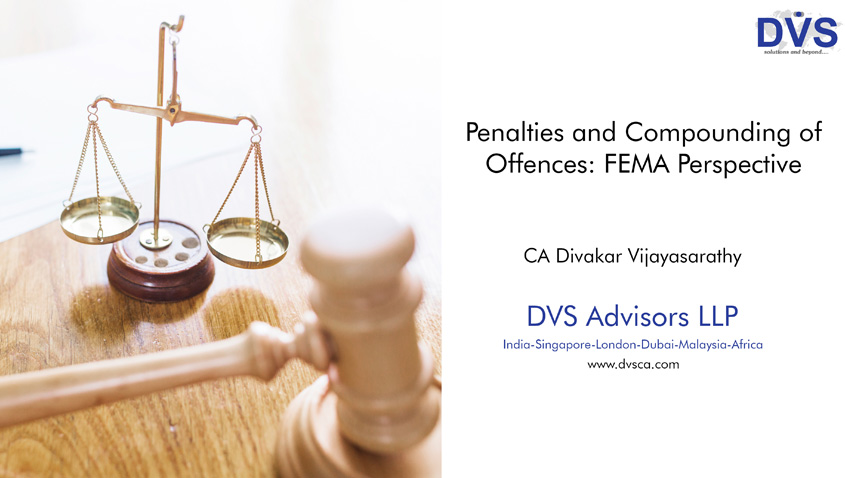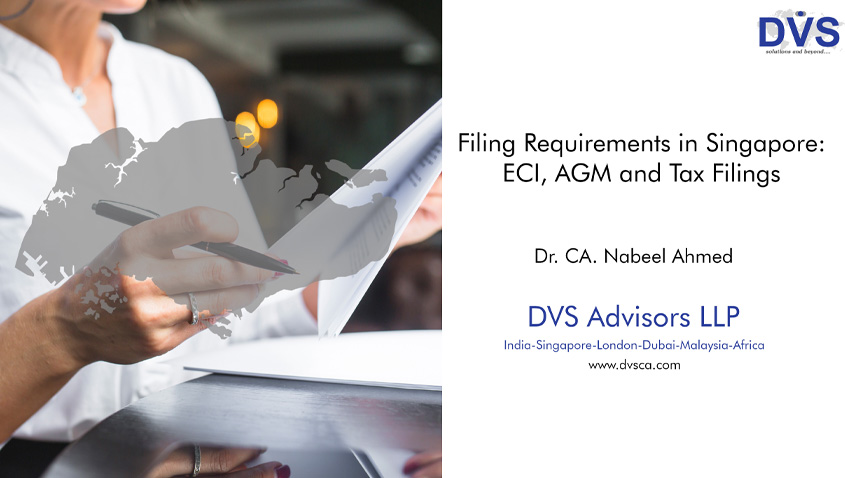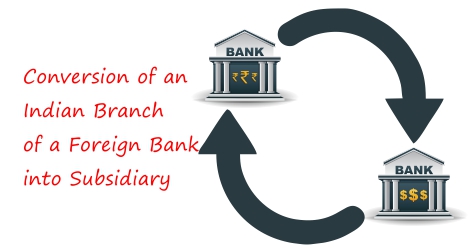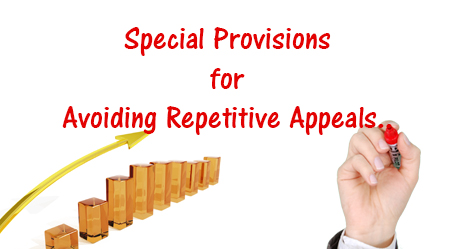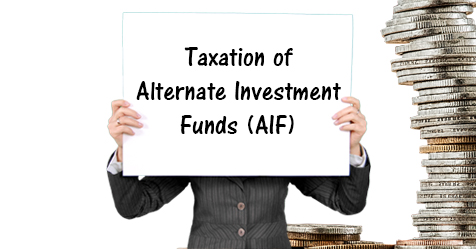“Partition” means—
(i) Where the property admits of a physical division– a physical division of the property. However a physical division of the income without a physical division of the property producing the income shall not be deemed to be a partition; or
(ii) Where the property does not admit of a physical division- then such division as the property admits of, but a mere severance of status shall not be deemed to be a partition;
“Partial partition” means a partition which is partial as regards the persons constituting the Hindu undivided family, or the properties belonging to the Hindu undivided family, or both.
Income Tax Act, post 31-12-1978, does not recognise the concept of Partial Partition
Assessment after Total Partition of HUF- Sec 171
(1) Assessment as such: A HUF shall be assessed as undivided except where there has been a total partition.
(2) Inquiry before assessment: Where, at the time of making an assessment u/s 143 or 144, it is claimed by or on behalf of any member of a Hindu family assessed as undivided that a partition, has taken place among the members of such family, the Assessing Officer shall make an inquiry thereinto after giving notice of the inquiry to all the members of the family.
(3) Recording of findings: On the completion of the inquiry, the Assessing Officer shall record a finding as to whether there has been a total partial partition of the joint family property, and, if there has been such a partition, the date on which it has taken place.
(4) Consequence of total partition: Where a finding of total partition has been recorded by the Assessing Officer, and the partition took place during the previous year,—
(a) the total income of the joint family in respect of the period up to the date of partition shall be assessed as if no partition had taken place; and
(b) each member or group of members shall, in addition to any tax for which he or it may be separately liable and notwithstanding Sec 10(2), be jointly and severally liable for the tax on the income so assessed.
(5) Partition after previous year: Where a finding of total partition has been recorded by the Assessing Officer, and the partition took place after the expiry of the previous year, the total income of the previous year of the joint family shall be assessed as if no partition had taken place; and the provisions of clause 4(b) above shall, apply to the case.
(6) Recovery of tax: If the Assessing Officer finds after completion of the assessment of a Hindu undivided family that the family has already effected a partition, the Assessing Officer shall proceed to recover the tax from every person who was a member of the family before the partition, and every such person shall be jointly and severally liable for the tax on the income so assessed.
(7) Several liability: For the purposes of this section, the several liability of any member or group of members thereunder shall be computed according to the portion of the joint family property allotted to him or it at the partition, whether total or partial.
(8) Applicability of the section: The provisions of this section shall, apply in relation to the levy and collection of any penalty, interest, fine or other sum in respect of any period up to date of the partition, of a Hindu undivided family as they apply in relation to the levy and collection of tax in respect of any such period.
(9) Consequences of Partial Partition: Notwithstanding anything contained in the foregoing provisions of this section, where a partial partition has taken place after the 31-12-1978:
(a) no claim that such partial partition has taken place shall be inquired into
(b) such family shall continue to be liable to be assessed under this Act as if no such partial partition had taken place;
(c) each member or group of members of such family immediately before such partial partition and the family shall be jointly and severally liable for any tax, penalty, interest, fine or other sum payable under this Act by the family in respect of any period, whether before or after such partial partition;
(d) the several liability of any member or group of members aforesaid shall be computed according to the portion of the joint family property allotted to him or it at such partial partition,and the provisions of this Act shall apply accordingly.
In effect – the Income Tax Act, post 31-12-1978, does not recognise the concept of Partial Partition


















